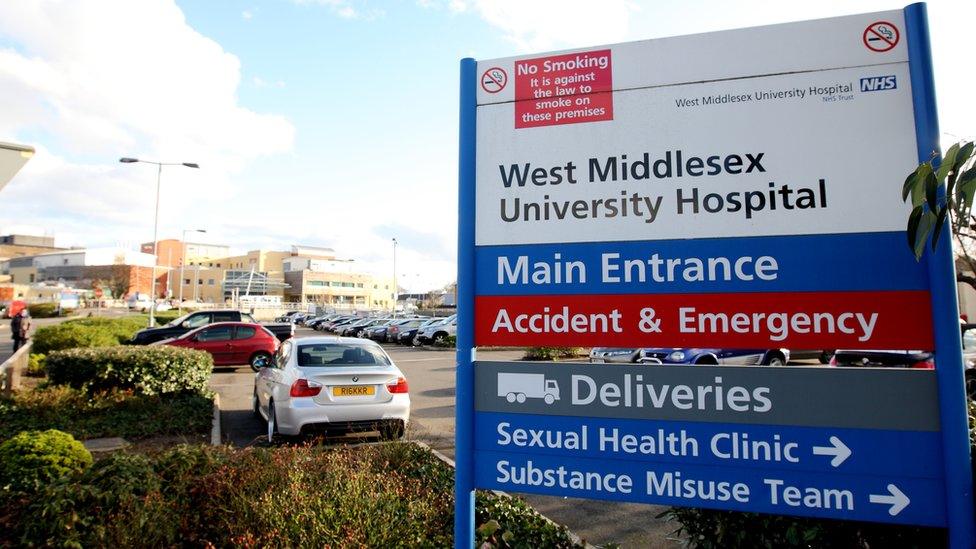From Kardashian popcorn to pancakes - is the protein health craze worth it?
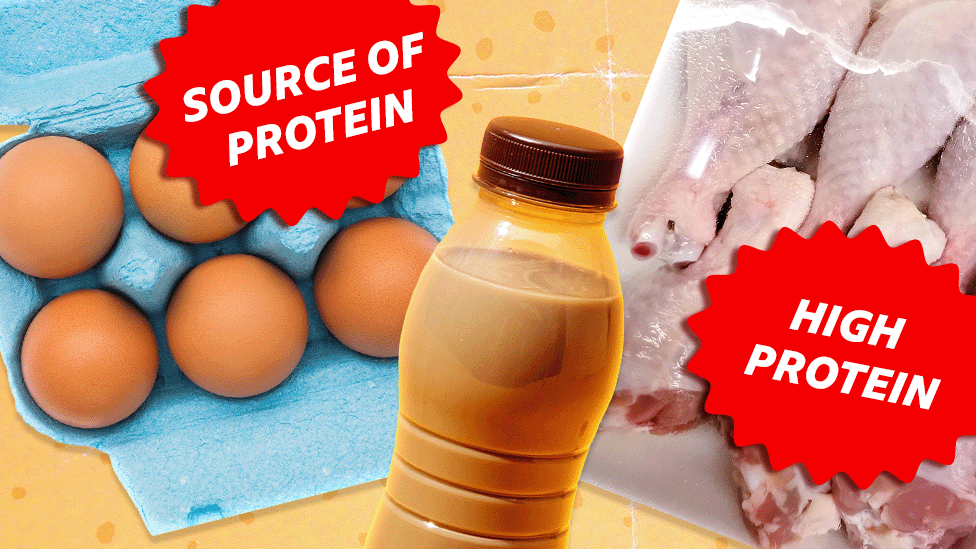
- Published
"High-protein" versions of snacks and food staples are all over our supermarket shelves - from pancakes and pasta, to rice pudding and oven pizza.
Celebrities are getting in on the act too. Khloe Kardashian unveiled Khloud Protein Popcorn a fortnight ago, which she described as "the perfect combination of a tasty snack and a boost of protein to fuel your day", while Zac Efron promoted a protein-rich porridge in January.
But is this increased advertising of protein just a marketing gimmick or are these products actually useful if you're trying to build muscle or live a healthy life? And is it worth the extra cost?
Sales of them are rising; figures shared with BBC News by the research agency Mintel show that, excluding sports nutrition items, 8.3% of food product launches made claims about being a source of protein, or having high levels of it, in the first three months of 2025.
That was up from 6.1% in 2024 and 4.6% the year before.
Kiti Soininen, a research director at Mintel, says protein claims are being added to food with naturally high levels of the nutrient, like chicken breasts and pulses, but also on products you wouldn't expect.

Khloe Kardashian is the latest celebrity to release or promote a protein advertised snack
"Mousses, desserts, granola, pancakes, even the odd pizza, are coming through with a high-protein claim," she says. "Protein is enjoying a bit of a 'health halo' at the moment."
Ethan Smith, a personal trainer in Liverpool, says high-protein diets are necessary for building muscle but that it ought to be done without the high protein snacks and drinks you see in shops.
"I'm a huge believer that there is nothing better than whole foods," he says. "You can get the protein that you need from vegetables and lean meats."
He believes the convenience of high-protein snacks, combined with the positive perception of the nutrient among customers, has led to manufacturers using protein as a marketing tool.
For manufacturers to claim their product is a source of protein, they must show regulators at least 12% of its energy value is provided by protein. To make a claim that a product is high in protein, the figure is 20%.
To help reach these scores they can add protein-rich ingredients to their products, like nuts and pulses, or make them more dense by removing water.
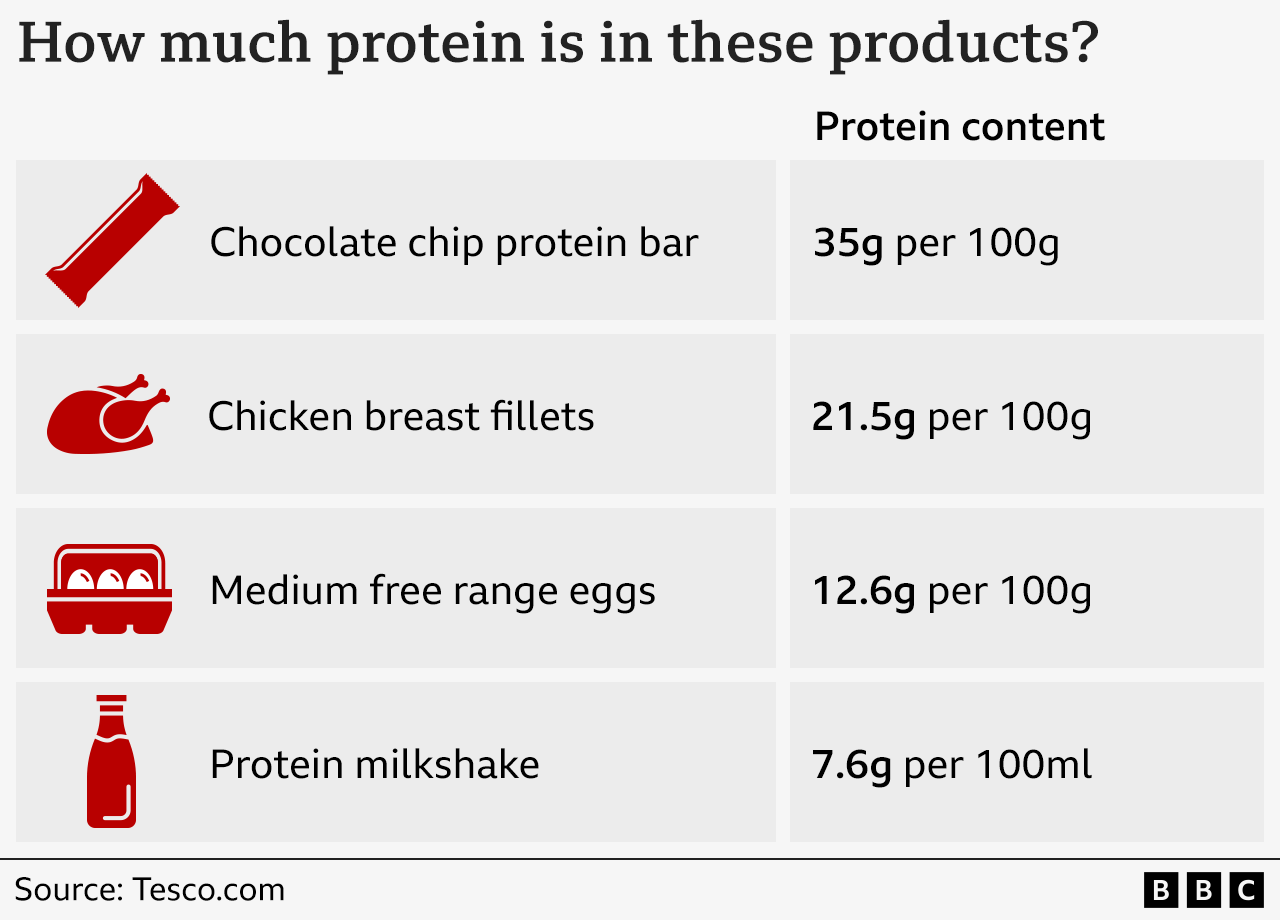
"When someone in a rush is getting a meal deal for lunch, you can see why they would reach for a protein bar or drink instead of two boiled eggs," he says. "In my 12 years as a personal trainer, I've never seen as much hype around the benefits of protein as I am now."
The benefits of protein range from muscle building and sports performance to helping with weight loss by suppressing appetite and helping women during pregnancy.
If you're trying to build muscle you need to consume around 1.6g of protein per kilogram of your body weight each day, says Dr Paul Morgan, a university lecturer in human nutrition.
He says for the average person trying to ensure their general health, this figure should be around 1.2g.
He thinks many of the supermarket products advertising their protein content are "gimmicky" and warns they might not be as good for you as advertised.
"I think they do have a benefit but we are wary that a lot of them are ultra processed foods and that's a really topical area [in our field] that we don't know enough about," he says.
The risk of consuming too much protein
Ultra-processed foods have come under scrutiny recently with one study published last month linking them to early death.
He explains that researchers in his field are trying to understand the differing impact on muscles that two similar protein sources might have when one of them is ultra-processed.
Another issue is calories because putting on weight is the most common problem people have when they are trying to consume more protein, Dr Morgan explains, as any excess is stored in the body as fat.
Some protein advertised snacks and drinks can have as many calories as regular products using similar ingredients.
Nature Valley's protein peanut and chocolate bars have 489kcal per 100g, while Cadbury's peanut brunch bars, which also contain chocolate, have 485kcal at the same weight.
Dr Morgan dismisses theories that eating too much protein can damage your bones or harm your kidneys, though there are exceptions if you have a pre-existing health condition.
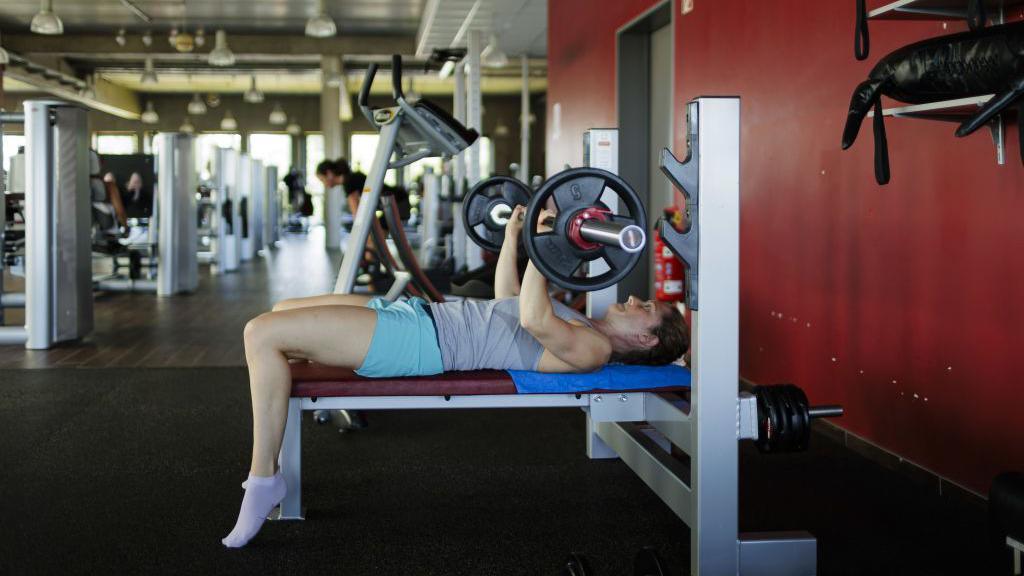
Extra protein consumption is necessary for people who want to develop muscle by lifting weights
Despite his concerns over ultra-processed protein products, Dr Morgan sees the benefit of increased protein in staple foods.
These might be particularly useful to elderly people who need more protein than the average person to maintain strength in their muscles and bones.
Tesco's high-protein penne pasta contains 8.8g of protein per 100g, while their normal penne contains 5.8g of protein for the same weight. However, customers pay more for this as the high protein-penne costs £4.80 per kg. The normal penne costs £1.29 per kg.
So is it worth buying these protein advertised products?
It might be if you're someone who needs more protein to maintain your health or if you're trying to build muscle and need just a little bit extra to meet your daily protein goal, says Ethan.
"If the majority of your diet is whole foods and you need that extra 20g of protein to hit your goal and want something sweet - then go for that pudding or snack," he tells us. "Having balance is important - but you shouldn't be relying on them."
He adds: "When I started my career, people used to talk about whey protein just as a supplement to your diet. Now the number of companies putting protein on anything and everything is insane."
Related topics
- Published17 February 2022

- Published18 May 2023
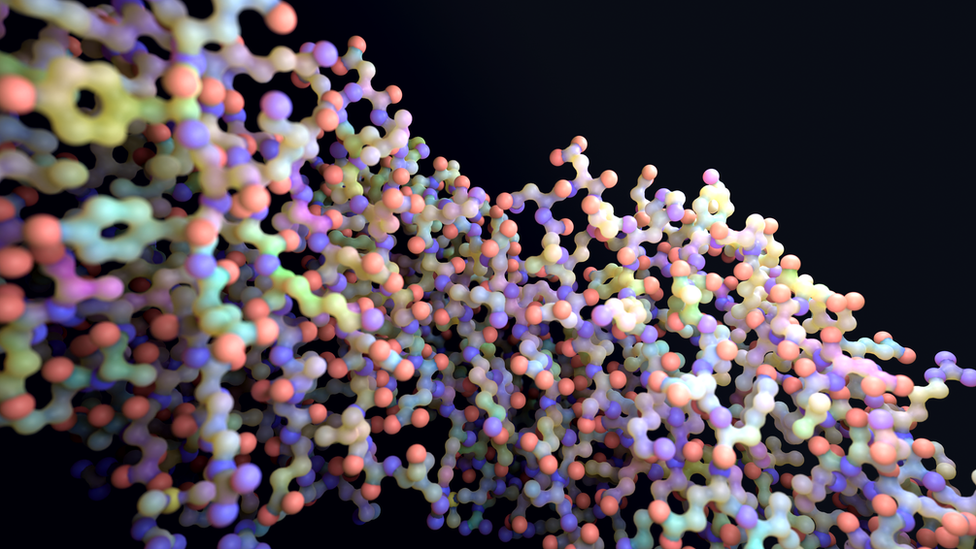
- Published27 June 2023
